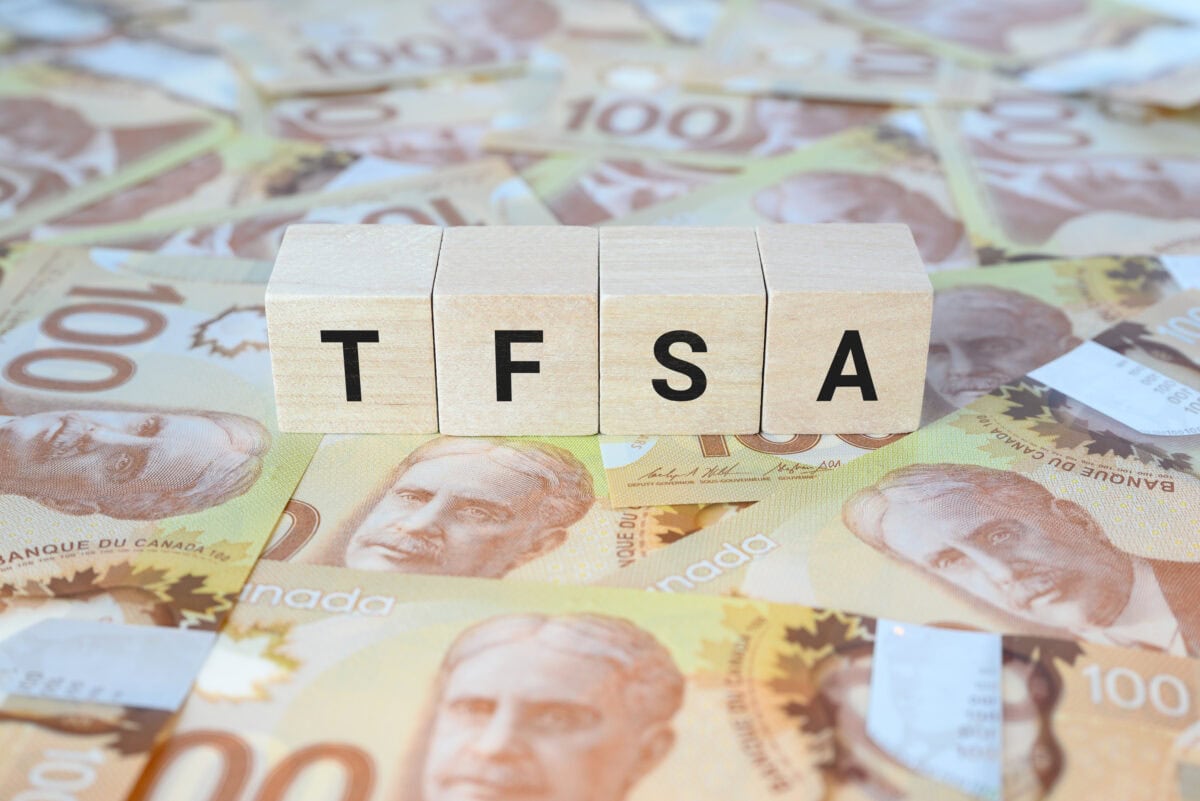As of 2023, the average Tax-Free Savings Account (TFSA) balance among Canadians was approximately $30,000. However, this amount varies significantly depending on age and income levels. Older Canadians, particularly those aged 55 and above, tend to have higher average balances. Often exceeding $50,000, as they have had more time to contribute and invest within their TFSAs.
In contrast, younger Canadians generally have lower balances, reflecting their shorter contribution history. Despite the potential for tax-free growth, many Canadians do not fully utilize their TFSA contribution room. And as of 2024, this totals up to $95,000 for those eligible since the program’s inception in 2009.
Therefore, the average TFSA balance for many Canadians simply isn’t enough to achieve the dream of early retirement. With the rising cost of living and the uncertainty of future economic conditions, relying solely on an average-sized TFSA might leave you coming up short. Most Canadians tend to underutilize their TFSAs. This could result in a less-than-ideal retirement income. While the TFSA is an excellent tool for growing your savings tax-free, it often requires a more aggressive approach to investing to build a sufficient nest egg for early retirement.

Source: Getty Images
Consider NorthWest
This is where strategic investments, like NorthWest Healthcare Properties Real Estate Investment Trust (TSX:NWH.UN), come into play. NWH.UN offers a higher yield and potential for passive income, making it a compelling choice for those looking to beef up their TFSA balances. The real estate investment trust (REIT) currently offers a forward annual dividend yield of 7.23%. This is a juicy payout compared to many other investment options. By reinvesting these dividends and taking advantage of compound growth, you can significantly boost your TFSA’s value over time.
NWH.UN is trading at around $5.03 per share, and while the stock has seen a 52-week low of $3.89, it’s showing signs of stabilization with a 50-day moving average of $4.92. The REIT is particularly attractive due to its focus on healthcare properties. This sector tends to be more resilient during economic downturns. With a market cap of $1.22 billion and an enterprise value of $4.97 billion, NWH.UN is well-positioned to weather economic uncertainties while providing consistent returns.
However, it’s essential to consider the challenges as well. The REIT has a high payout ratio of 299.44%, which might raise concerns about sustainability. Despite this, its ability to generate significant operating cash flow. This stood at $106.73 million in the last year, indicating that it’s still a strong contender for long-term investment. Moreover, the company’s substantial book value per share of $7.76 provides a cushion against market volatility.
Dividends and TFSA for a major win
Investing in NWH.UN not only provides a way to enhance your TFSA’s growth potential. Yet, it also offers a degree of stability through its focus on the healthcare sector. Given the aging population and the consistent demand for healthcare services, the properties under NWH.UN’s portfolio is likely to remain in demand. This ensures a steady income stream for investors.
Altogether, while the average TFSA balance may not be enough to secure early retirement, taking a more strategic approach by investing in high-yield options like NWH.UN can significantly boost your chances. By maximizing your TFSA with smart investments, you can potentially accelerate your journey to a comfortable and financially secure retirement.







